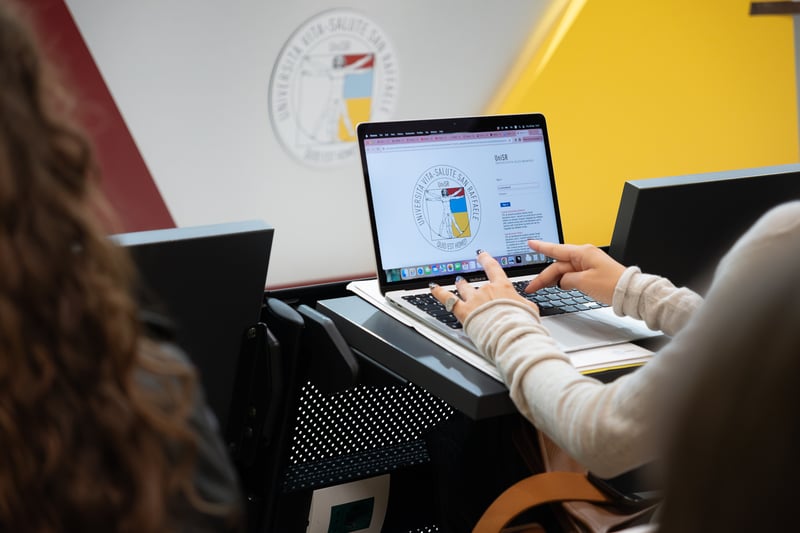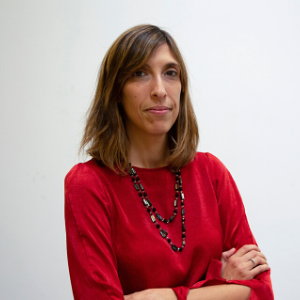When choosing to enroll in a Psychology program, one of the most frequently asked questions is: “What kind of job opportunities will I have?” Often, people assume that the only option is to become a clinical psychologist — but that is just one of many possibilities.
In reality, a degree in Psychology opens the door to a wide range of diverse and rewarding professional paths.

A Comprehensive and Qualifying Education
The Bachelor’s degree in Psychology at UniSR provides a solid yet flexible foundation, allowing students to pursue various directions — from clinical and neuroscientific fields to communication, workplace psychology, and research.
Throughout their academic journey, students acquire essential theoretical and methodological knowledge, which can be applied across multiple domains. In addition, the curriculum includes laboratory courses, practical exercises, activities within the University’s research centers, and internships at IRCCS San Raffaele Hospital or external institutions. These experiences are made possible thanks to the recent reform that has made the Psychology degree a qualifying title.
This hands-on approach allows students to immerse themselves in real professional environments during their studies, helping them discover their interests and begin to shape their professional identity.
Career Paths: Clinical Psychology, Neuroscience, and Communication
Among the various options available, students can choose to focus on Clinical Psychology — ideal for those planning to become psychologists or psychotherapists — with an emphasis on evidence-based models and interventions across the lifespan. Graduates can work in hospitals, mental health services (providing psychological assessment, support, and interventions), as well as in school, community, and forensic settings.
Another possibility is the Neuroscience track, which offers opportunities in neuropsychological assessment and cognitive rehabilitation. Additionally, the international program in Cognitive Psychology in Health Communication trains professionals in health communication, preparing them to work in healthcare, academia, institutions, and corporate environments.
.jpg?width=800&height=533&name=Psicologia_UniSR%20(2).jpg)
After Graduation: Specialization in Psychotherapy or PhD
Graduates can pursue two main post-degree paths: one focused on psychotherapy and the other on academic research.
In the first case, students can enroll in four-year psychotherapy schools — either university-based (UniSR offers programs in Clinical Psychology and Neuropsychology) or private — which lead to becoming licensed psychotherapists. These programs vary in their theoretical and methodological approaches, offering different perspectives depending on the chosen school.
Alternatively, graduates may choose to pursue a PhD, a three-year research-focused program that allows doctoral candidates to develop their own research projects and gain skills in methodology, design, data management and analysis, and scientific writing. This pathway can lead to academic or research careers in national and international universities or research institutions.
In addition to the aforementioned paths, UniSR — in collaboration with the University of Bergamo — also offers a track oriented toward political and social sciences, integrating psychological competencies. This path is designed for those interested in working in international organizations, the non-profit sector, public institutions, or diplomatic services.
Ultimately, earning a degree in Psychology is not a final destination, but a springboard to a wide array of dynamic and meaningful careers — where scientific knowledge and relational skills find application in many different fields.



.jpg?width=800&height=533&name=Psicologia_UniSR%20(2).jpg)